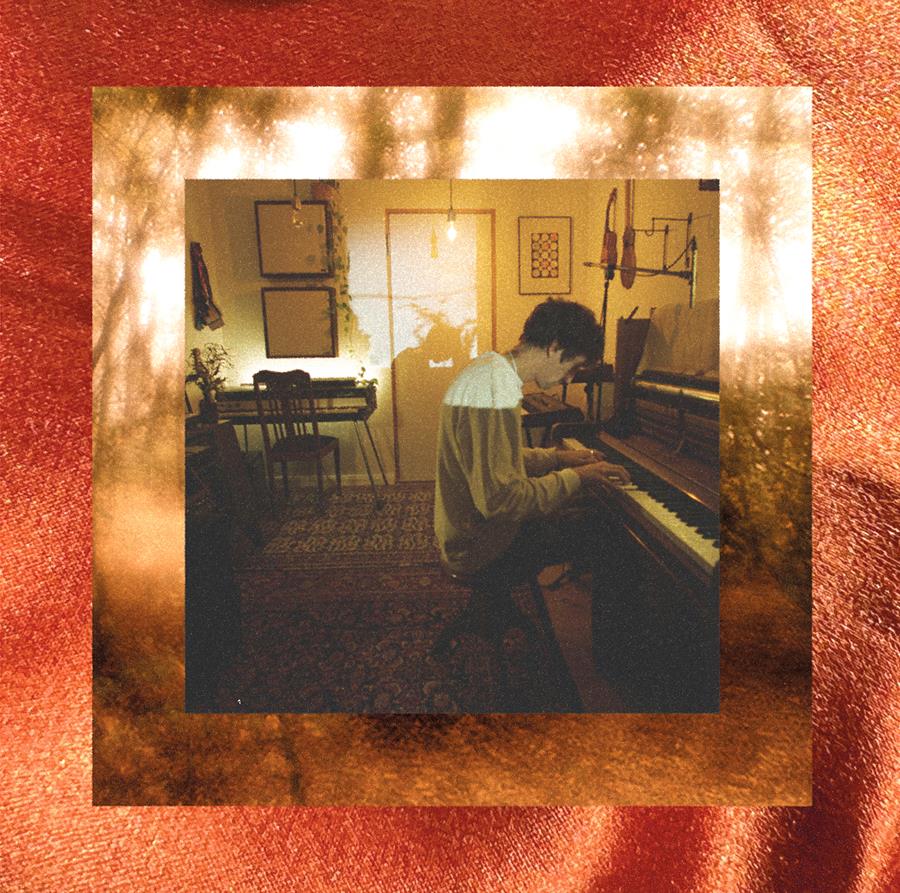Parra for Cuva – Belle de Nuit

When Nicolas Demuth was 12, at his parents’ behest, he took up the piano. Like so many families, the hopes were no doubt to instil a deep and long-lasting love and affinity for music, so when, ten years later, Demuth struck the top ten of the UK Singles Chart under the name Parra for Cuva with Chris Isaak rework ‘Wicked Games’, it must have felt like the culmination of something, even if his parents had likely not anticipated a career in deep house for their son. Perhaps this, then, is more what they had in mind: a mini-album where Demuth returns to his first instrument for a suite of delicate and deeply-felt neo-classical compositions.
An artist’s expressions tend to be interconnected throughout the variety of their career, and Demuth carries over several of the lessons he has learned from the club world onto Belle de Nuit, namely the importance of repetition and a mantra, the power of circular arrangements and the value of a tidal pulse that forms the backbone of a piece, but which only reveals itself over time.
On the title track, Demuth rejoices in the situationism of allowing us to hear the gently pushed pedals on his piano. The track is ensconced in a vessel of love; indeed, we might as well be listening to his central heating and the rosy glow of a glass of wine too many, because as its title suggests, this is a night-time track, but its after hours are being spent in a place of comfort and safety, a shaggy rug by an open fire. We sense that Demuth is lost in that place, too, allowing the piece to develop in its own way, his fingers following rather than leading.
If there is a note of caution to be heard, it actually comes on the counterpart track ‘Belle de Jour’, where the daytime is met with a sense of a fresh opening, like a bud blossoming and absorbing its first gulp of sunlight. The track is not fearful exactly, but it does tiptoe gingerly at first, before growing in confidence and embracing the day. Demuth plays delicately, teasing at tender, featherlight melodies, his keys rippling like hummingbird wings against the spring air.
Demuth proves with tracks like ‘Arriving’ that he is an accomplished storyteller, too, building surging peaks and nervous troughs into its arc, and on ‘Life Lately’, he offers a window of reflection. As he knows, our minds tend to present us with memories that are coloured with melancholy, or regret. Even happy memories can seem like they are reruns of irreplicable highs. In Demuth’s hands here, momentary pauses linger with meaning, while plaintive lines of melody suggest the echoes of voices, and we can easily picture misty-eyed childhood memories flashing by in slow-motion. Perhaps the 12-year-old piano student is still in there, after all.